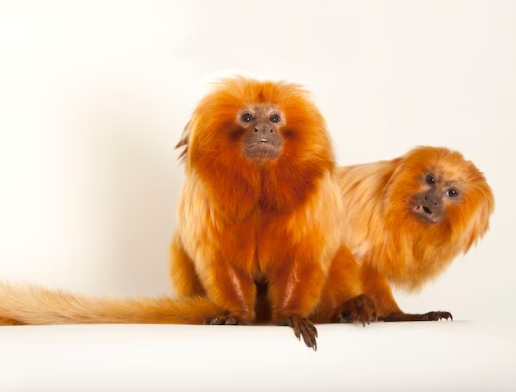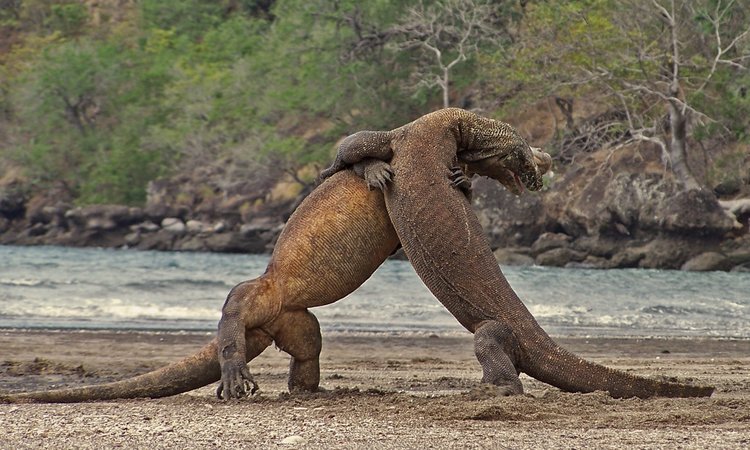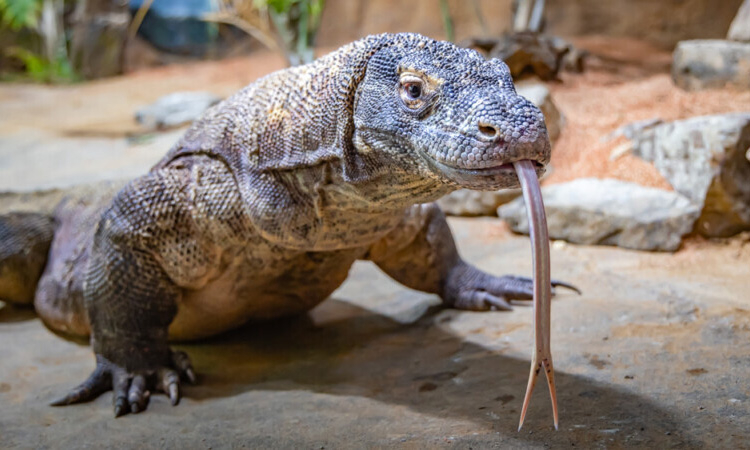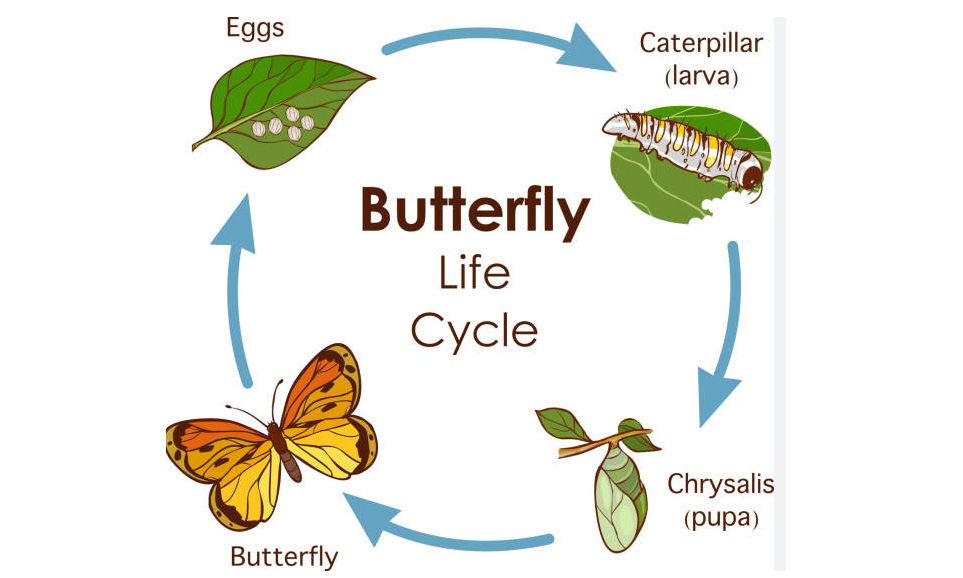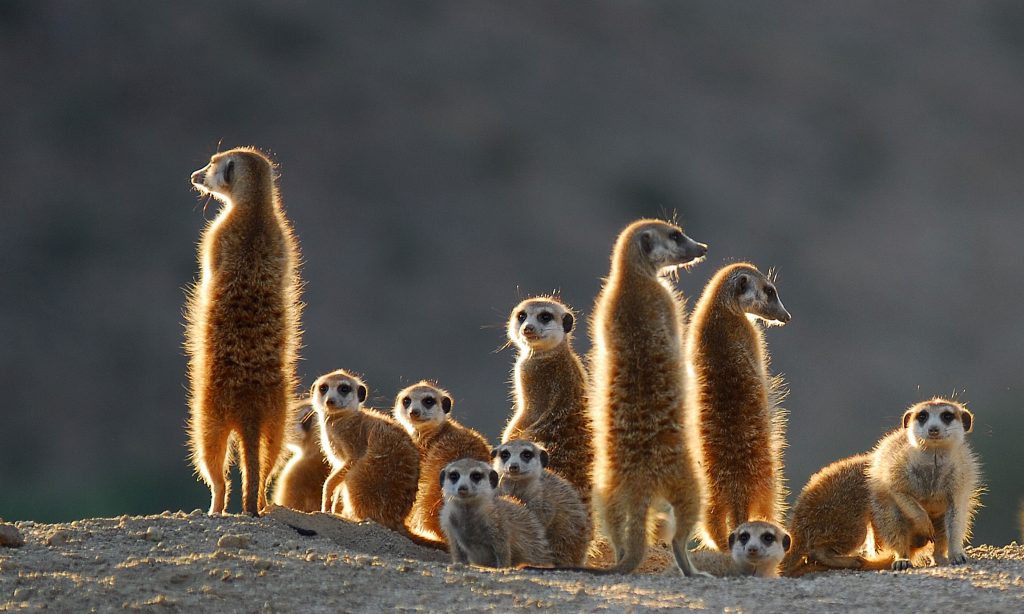The Lion Lemur, a Unique and Enchanting Species
Found only in Madagascar, the lion lemur is a fascinating primate that has captured the hearts of many wildlife enthusiasts. With its striking orange fur and long, fluffy tail, the lion lemur resembles a feline more than a primate.
Distinctive Features of the Lion Lemur
One of the most unique features of the lion lemur is its mane, which gives it its name. The thick, golden mane surrounds its face, making it look like a miniature lion. This mane is especially prominent in males, serving as a display of dominance and attracting potential mates.
Another distinguishing characteristic of the lion lemur is its long, bushy tail. The tail helps the lemur maintain balance as it moves through the trees and aids in communication with other members of its group.
Social Behavior and Communication
Lion lemurs are social animals that live in small family groups consisting of one dominant male, several females, and their offspring. They communicate through a complex system of vocalizations, such as chirps, screams, and purrs, as well as through scent marking.
These primates are also known for their playful behavior, often engaging in grooming sessions and playing games with one another. This social interaction helps strengthen bonds within the group and maintain harmony.
Conservation Status and Threats
Like many species in Madagascar, the lion lemur is facing threats to its survival due to habitat loss and fragmentation. Deforestation, agriculture, and illegal hunting pose significant risks to these primates, putting them at risk of extinction.
Conservation efforts are underway to protect the remaining lion lemur populations and their habitats. These initiatives include creating protected areas, establishing community-based conservation projects, and raising awareness about the importance of preserving Madagascar’s unique biodiversity.
Overall, the lion lemur is a captivating and charismatic species that highlights the diverse wildlife found in Madagascar. By learning more about these enchanting primates and supporting conservation efforts, we can help ensure their continued survival for future generations to enjoy.
